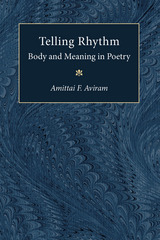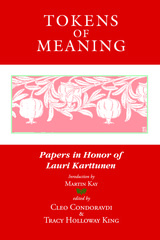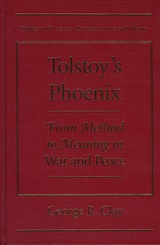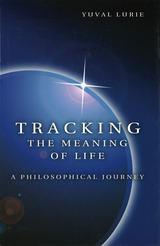11 start with T start with T





Hip-hop has come a long way from its origins in the Bronx in the 1970s, when rapping and DJing were just part of a lively, decidedly local scene that also venerated b-boying and graffiti. Now hip-hop is a global phenomenon and, in the United States, a massively successful corporate enterprise predominantly controlled and consumed by whites while the most prominent performers are black. How does this shift in racial dynamics affect our understanding of contemporary hip-hop, especially when the music perpetuates stereotypes of black men? Do black listeners interpret hip-hop differently from white fans?
These questions have dogged hip-hop for decades, but unlike most pundits, Michael P. Jeffries finds answers by interviewing everyday people. Instead of turning to performers or media critics, Thug Life focuses on the music’s fans—young men, both black and white—and the resulting account avoids romanticism, offering an unbiased examination of how hip-hop works in people’s daily lives. As Jeffries weaves the fans’ voices together with his own sophisticated analysis, we are able to understand hip-hop as a tool listeners use to make sense of themselves and society as well as a rich, self-contained world containing politics and pleasure, virtue and vice.

A streak of light crosses the night sky as a bit of extraterrestrial material falls to Earth.
Meteorites, which range from particles of dust to massive chunks of metal and rock, bombard the Earth constantly, adding hundreds of tons of new material to our planet each day. What are these objects? How do we recover and study them? Where do they come from, and what do they tell us about the birth and infancy of the solar system? Why do many scientists now believe that meteorites have played a dramatic, albeit occasional, role in the evolution of life on Earth?
In Thunderstones and Shooting Stars, Robert T. Dodd gives us an up-to-date report on these questions. He summarizes the evidence that leads scientists to believe that most meteorites come from asteroids, although a few come from the moon and a few more from a planet, probably Mars. He explains how chondrites--the most numerous and primitive of meteorites--contribute to our evolving picture of the early solar system, and how some of them may tell us of events that took place beyond the sun and before its birth. Finally, he examines the controversial hypothesis that impacts by asteroids or comets have interrupted the evolution of life on Earth, accounting for such geological puzzles as the rapid demise of the dinosaurs.
Meteorites have been called "the poor man's space probe," for they are the only extraterrestrial rocks that we can collect without benefit of spacecraft. This lively and accessible book both illuminates the complex science of meteoritics and conveys a sense of its excitement. University teachers and students will appreciate its synthesis of new research on a broad range of topics, and amateurs will delight in its lucid presentation of a science that is unlocking many mysteries of Earth and space.





"An outstanding and innovative study on hunting, gardening, and love magic among the Aguaruna. . . . [It is] both highly useful ethnographically and an important contribution to the understanding of how a primitive culture conceptualizes its transactions with nature. The book touches on cosmology and religion as well as the ethnoecology of hunting and agriculture--with an interlude on sex."
--American Ethnologist
READERS
Browse our collection.
PUBLISHERS
See BiblioVault's publisher services.
STUDENT SERVICES
Files for college accessibility offices.
UChicago Accessibility Resources
home | accessibility | search | about | contact us
BiblioVault ® 2001 - 2024
The University of Chicago Press









